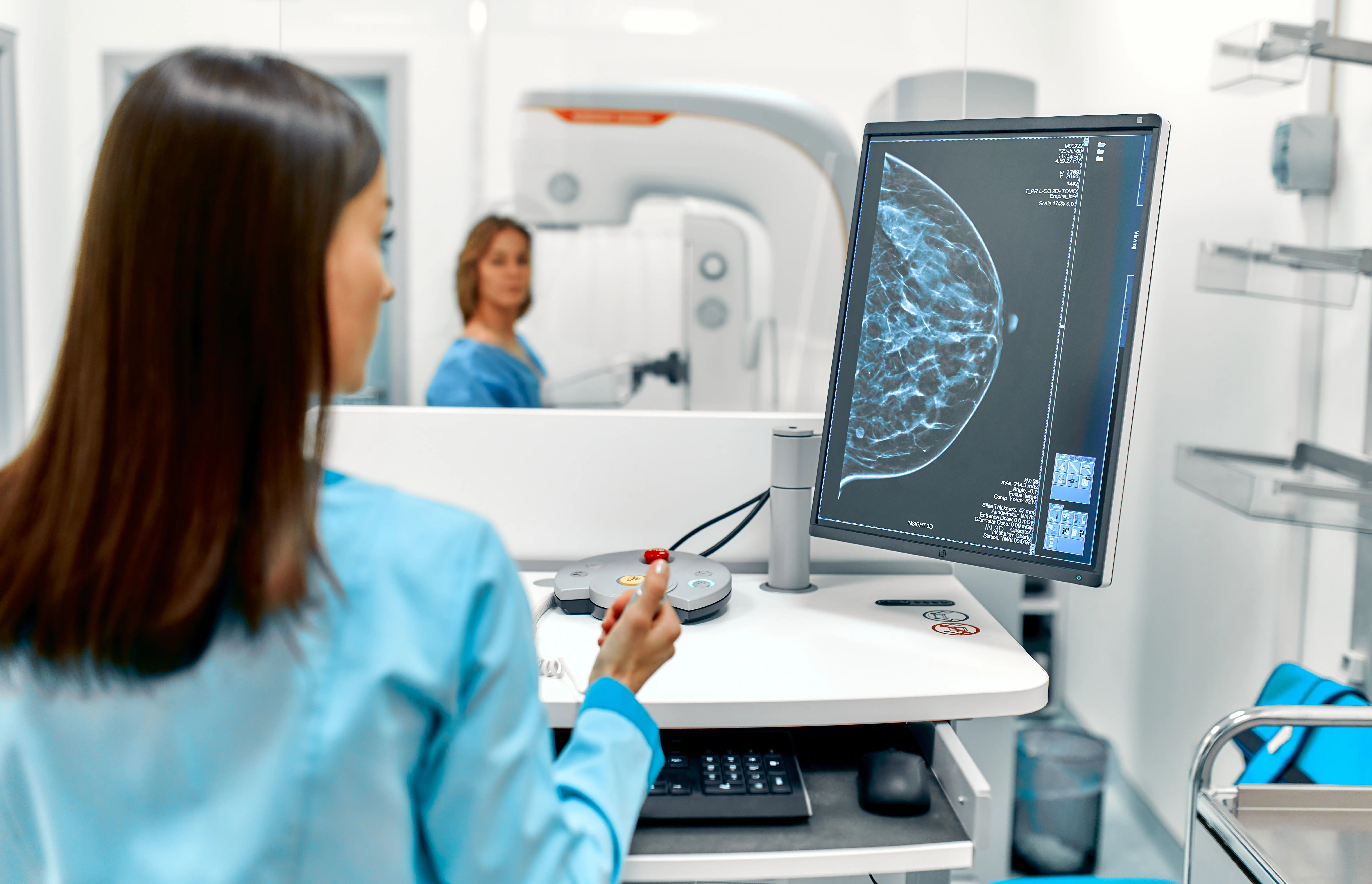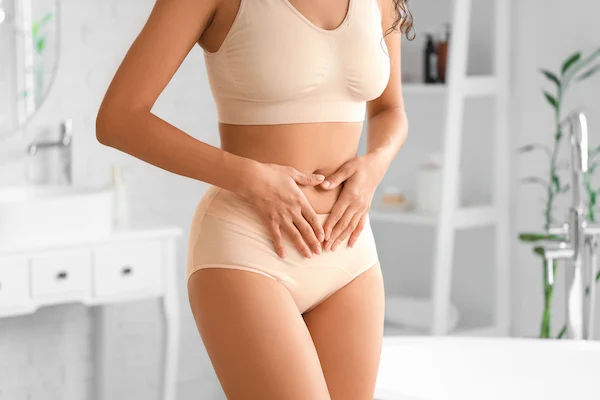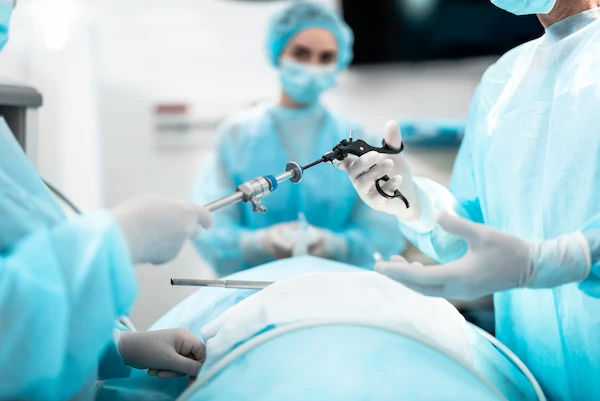- Female
- 24 Years
- 29/01/2025
I'm a bit concerned about the looseness I've noticed in the skin of my labia majora, and it's got me wondering about natural ways to tighten it without surgery, especially since I'm only 24. Do you have any insights on why this might be happening at my age and any natural solutions I could try?
Answered by 1 Apollo Doctors
Low Vitamin D3 levels can be concerning.
Natural ways to increase Vitamin D3:
- Sunlight exposure: Spend 10-15 minutes in sunlight, especially during peak hours (10am-4pm), to boost Vitamin D3 production.
- Fatty fish: Consume fatty fish like salmon, mackerel, and sardines, which are rich in Vitamin D3.
- Fortified foods: Eat Vitamin D3-fortified foods like milk, cereals, and orange juice.
- Mushrooms: Certain mushrooms, like shiitake and portobello, are natural sources of Vitamin D3.
- Egg yolks: Egg yolks are a good source of Vitamin D3.
Supplements:
If you're unable to get enough Vitamin D3 through natural sources, consider consulting with your doctor about taking supplements.
Target levels:
Aim to increase your Vitamin D3 levels to 30-50 ngmL.
Monitor progress:
Regularly check your Vitamin D3 levels to ensure you're reaching the target range.
Dr. Mubarak Suggests...
Consult a Obstetrician and Gynaecologist
Answered 04/07/2025
0
0

More Obstetrics & Gynaecology Health Queries
View allI'm dealing with some menstrual issues and it's been bothering me. My last period was on February 11th, and now it's March and I'm late. I've been feeling some symptoms like lower abdominal pain and backache for the past five days, and I'm not usually late like this. I'm getting a bit worried since I don't have a history of late periods. What could be going on?
Homeopathy can be a supportive treatment for OCD, but its effectiveness varies from person to person. Some homeopathic remedies like Argentum nitricum, Arsenic album, and Pulsatilla are believed to help alleviate OCD symptoms. However, the recovery time with homeopathy can be lengthy, often taking several months to a few years. In your case, despite 5 years of homeopathic treatment, you didn't experience significant improvement, which is not uncommon. Allopathic treatments, such as SSRIs, can be more effective for OCD, as you've experienced. It's essential to work with a qualified healthcare professional to determine the best treatment approach for your OCD.
Answered by 1 Apollo Doctors
I'm pregnant and I'm worried about using Proanagen solution for my hair fall. Should I stop using it or is it safe to continue during pregnancy? Could it possibly affect my baby in any way? Please let me know.
don't use any other medication.
Answered by 1 Apollo Doctors
Is there a problem if you are bleeding but not on your period?
Yes
Answered by 1 Apollo Doctors
Disclaimer: Answers on Apollo 247 are not intended to replace your doctor advice. Always seek help of a professional doctor in case of an medical emergency or ailment.





